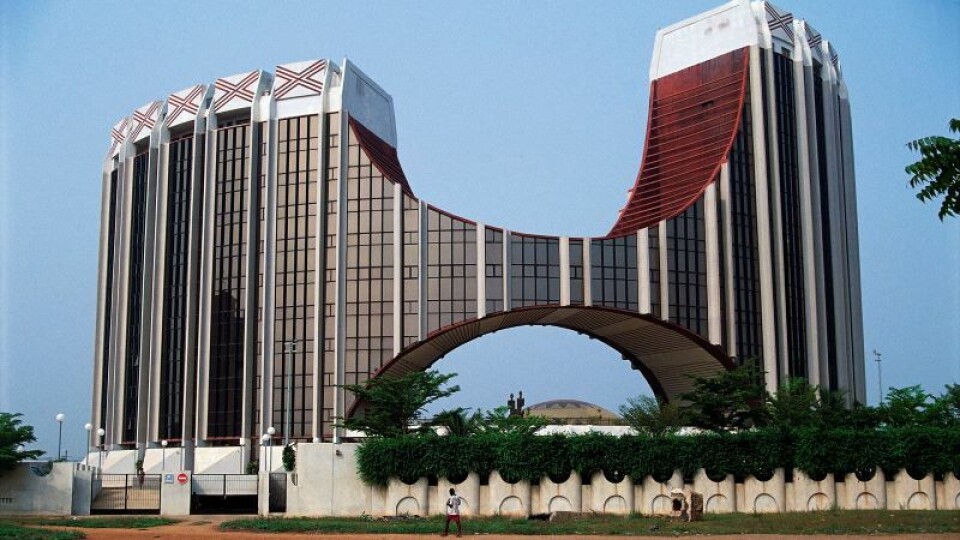Copyright : Re-publication of this article is authorised only in the following circumstances; the writer and Africa Legal are both recognised as the author and the website address www.africa-legal.com and original article link are back linked. Re-publication without both must be preauthorised by contacting editor@africa-legal.com
Setting the Record Straight

Pregnant schoolgirls denied their rights, ebola survivors accusing governments of failing in their responsibility are all before the Economic Community of West African States (Ecowas) court which will hear 55 cases in the first quarter writes Tania Broughton.
The Nigeria-based court, which hears disputes involving 15 countries in West Africa, handed down a record 48 decisions last year - the highest number since it was established in 2001.
One of those was the widely hailed ruling against discrimination in Sierre Leone where, since 215, pregnant teenage girls have been removed from ordinary schools and sent to “special schools” where they only attend three days a week, are taught four subjects, and all in one classroom.
The application was brought by NGO Women Against Violence and Exploitation (Waves) which argued that the Minister of Education Science and Technology, via a policy statement, barred all pregnant teenage girls from attending school as soon as they began to “show”.
This, the court found, was a violation of the right to education. It ordered the government to immediately revoke the policy, absorb the teenagers into mainstream schools, develop strategies, programmes and nation-wide campaigns that will remove the negative societal attitudes that support the discrimination and bias against pregnant girls attending schools and integrate sexual and reproductive health education into school curricula to minimise the high rates of teenage pregnancy.
President Julius Maada Bio responded positively. He said his government had inherited the exclusion policy but would review the issue, looking at the data on teenage pregnancies and their impact, and the constitution.
“The Ministry will set up a broad-based taskforce on reproductive health that will advise the government on what to do about this menace. We will look at what peer countries and other nations are doing so that we can identify the best policies and best practices.” The president said the government would be guided by its commitment that “every girl deserves to learn. No girl deserves to die. No child deserves to lose her life opportunities because an adult or peer, who should know better, gets her pregnant. No child deserves to be condemned to a life of illiteracy and poverty. No child deserves to not have a future.”
Sierra Leone will again be on the court agenda in early April when it will consider a lawsuit filed by Ebola survivors who accuse the government of mismanaging $14million and further millions in humanitarian aid.
According to documents filed with the court, 14000 Sierra Leoneans contracted the disease over two years, resulting in 4000 deaths.
Two survivors, Hawa Jalloh and Fatima Sessay, who were both health care workers - supported by the Centre for Accountability and Rule of Law, want the court to hold the government of Sierra Leone liable for the “violation of the right to life and health” for the mismanagement of the Ebola funds and for failing to dedicate maximum available resources to the Ebola response.
They also allege the government failed to properly investigate allegations of mismanaged funds and say the court. The hearing was stalled while the parties attempted to negotiate but no settlement was reached.
The court, in a statement, said it had now granted leave for the plaintiffs to call four witnesses but rejected a request for the Court to move to Sierra Leone to hear witnesses who, it was claimed, cannot afford the trip to Abuja.
